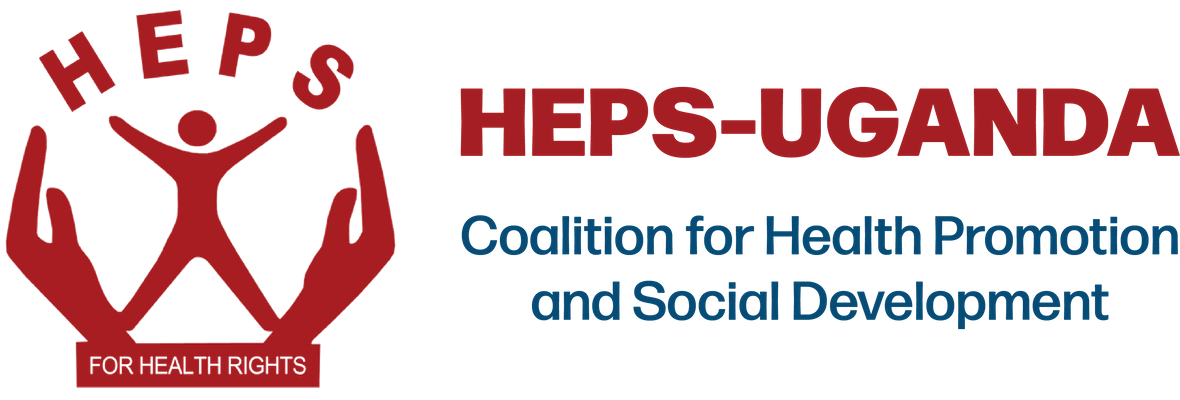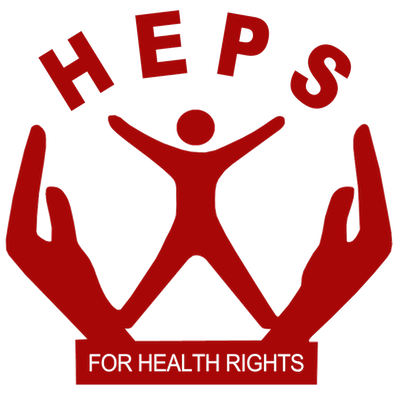HEPS-Uganda, World Health Organisation, Ministry of Health and partners have reviewed the draft Uganda Snakebite Prevention and Management Strategy to guide the country on snakebites.
The review process took place during a high level stakeholders’ meeting that was conducted at World Health Organization Uganda country offices. The meeting was officiated by Dr. Jackson Amone, the Commissioner Clinical Services at the Ministry of Health.
Amone said that there is need to have better community awareness, first aid and health seeking behaviour, better reporting in communities, research to inform policies and improve supply chain including appropriate antivenoms.
He said the guidelines from the strategy will be included in the general clinical guidelines and essential medicines lists that are currently being updated and will be released next year. Apart from the clinical guidelines for already practicing health workers, the draft strategy also talks of developing a health worker’s training curriculum because nowhere in medical training is envenoming considered and also speaks of creating awareness and ensuring availability of right treatments.
A study conducted by HEPS/HAI in 2018 showed that ninety two percent of the health workers in the country lack the training to manage snake bite injuries. The study also showed that only 4 percent health facilities across the country stock anti-venom.
James Ntulume, the proprietor of a snake farm who often treats people bitten by snakes, says what can work for Uganda well is the South African Antivenom but it’s quite expensive and only available on the private market. Each vial he says goes for about Shillings 400,000 and yet one may need up to 8 vials for a single treatment for a poisonous bite depending on severity of the injury.
During the meeting, Dr. Amone accepted to be the snakebite advocacy ambassador and promised to lead the stakeholders towards smooth policy changes for snakebite management.






